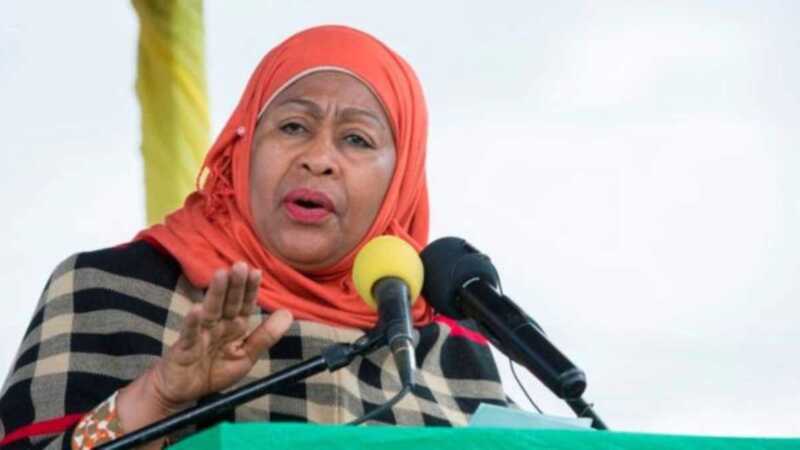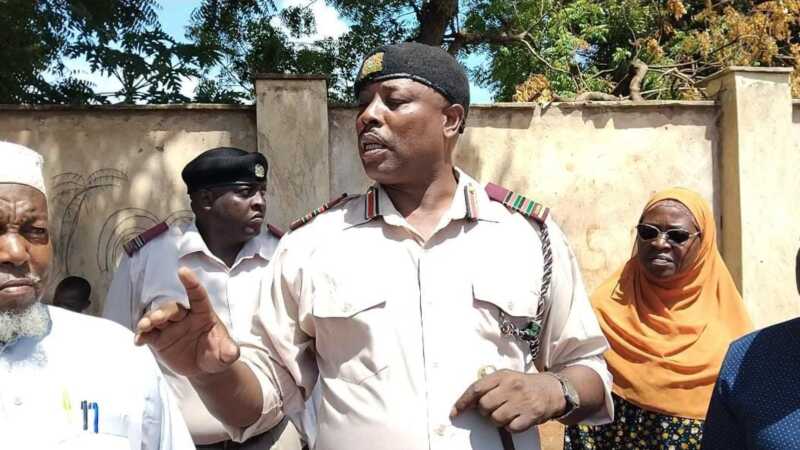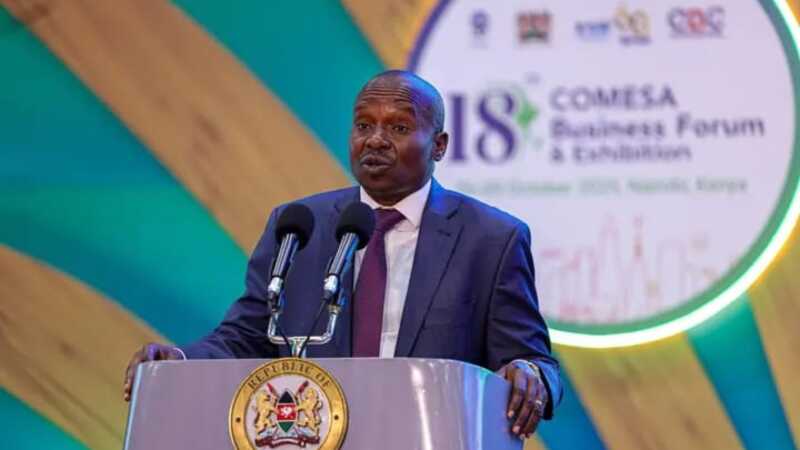Tanzanians head to the polls on Wednesday in an election defined by tight political control and the near absence of major opposition figures, as President Samia Suluhu Hassan stands poised to secure an easy and emphatic victory.
The atmosphere in the commercial capital is tense but largely calm, as police patrol streets and polling centres amid growing criticism over restrictions on political freedoms.
Security forces in Dar es Salaam disperse small gatherings of protesters who attempt to demonstrate near polling stations following calls by activists on social media for peaceful resistance.
Eyewitnesses report that officers move quickly to break up groups in the city’s Kinondoni and Temeke districts, warning citizens against unauthorized assemblies.
The election unfolds in the conspicuous absence of the main opposition party, CHADEMA, whose firebrand leader Tundu Lissu remains on trial for treason, charges he insists are politically motivated.
In April, the National Electoral Commission (NEC) disqualified CHADEMA from participation after it declined to sign the electoral code of conduct, a decision that many Tanzanians view as a blow to multi party democracy.
Another key opposition figure, Luhaga Mpina, presidential candidate of the ACT-Wazalendo party, was also struck off the ballot after an objection by the Attorney General.
Their exclusion has effectively cleared the path for President Samia, leaving her to face only little known candidates from minor political formations, turning what was meant to be a national contest into a symbolic exercise.
Polling stations are expected to close at 4:00 PM local time, with official results to be released within three days. Addressing reporters shortly after voting in Dodoma, the administrative capital, President Samia urged citizens to participate in the democratic process.
“I urge all Tanzanians, those who are still at home, to come out and exercise their right to vote and choose their preferred leaders,” she said.
The 65 year old leader, who has spent the past several months traversing the country of nearly 68 million people, has anchored her campaign on economic growth, improved infrastructure, and expanded access to energy.
Her administration has also prioritized women’s empowerment, social welfare, and regional trade partnerships within the East African Community.
President Samia Suluhu Hassan first made history in March 2021 when she was sworn in as Tanzania’s first female president, following the sudden death of President John Pombe Magufuli, who succumbed to heart-related complications.
The swearing in ceremony, held at State House in Dar es Salaam and presided over by Chief Justice Ibrahim Juma, marked a historic moment not only for Tanzania but for the African continent at large.
Born on January 27, 1960, in Zanzibar, Samia holds an Advanced Diploma in Public Administration from Mzumbe University and a Postgraduate Diploma in Economics from the University of Manchester.
Her public service career spans over three decades, beginning in the Zanzibar regional administration and later extending to ministerial positions in the Union Government.
She served as Vice President from 2015 to 2021, a tenure that positioned her as the natural successor to Magufuli, though her leadership style marked a sharp contrast to her predecessor’s.
While Magufuli was known for his combative populism and heavy handed rule, Samia has adopted a more diplomatic and inclusive approach, emphasizing dialogue, reform, and reconciliation both within the ruling Chama Cha Mapinduzi (CCM) and across the political divide.
Nonetheless, her rise to the top was not without resistance. Analysts observe that factions loyal to the late Magufuli initially questioned her political authority, citing her softer demeanor and her Zanzibari origin.
Over time, however, she has consolidated power within CCM, drawing support from reformist blocs allied to former President Jakaya Kikwete and gaining credibility as a unifying figure within the party.
President Samia is married to Hafidh Ameir, a retired agricultural officer, and together they have four children, including Mwanu Hafidh Ameir, who serves as a Member of the Zanzibar House of Representatives.
Her family background and Zanzibari heritage have made her presidency particularly symbolic she is the first leader in Tanzania’s post independence history to hail from the semi autonomous archipelago, which is home to a predominantly Muslim population.
The current election features 17 presidential aspirants, though with the disqualification of CHADEMA and ACT-Wazalendo, the race has largely lost its competitive edge.
Political commentators suggest that while Samia’s anticipated victory will consolidate CCM’s uninterrupted rule since independence in 1961, it also exposes the fragility of Tanzania’s democratic institutions.
“Without genuine opposition participation, this election risks being seen as an endorsement rather than a contest,” one regional analyst noted.
“The government’s commitment to political pluralism will be tested not by victory margins but by how it engages dissenting voices after the vote.”
As polling draws to a close, the spotlight remains firmly on Dar es Salaam, where electoral officials are preparing to begin counting ballots under tight security.
Supporters of the ruling party express optimism that President Samia’s leadership will continue steering the nation toward industrial transformation and gender equality, while critics argue that the shrinking space for opposition participation casts a long shadow over Tanzania’s democratic trajectory.
Whatever the outcome, Wednesday’s vote marks a defining moment in Tanzania’s modern history a test of leadership, legitimacy, and the enduring balance between political stability and democratic openness.
As ballots are tallied and anticipation builds across the nation, one fact remains clear: President Samia Suluhu Hassan’s leadership continues to shape a transformative and contested chapter in Tanzania’s evolving political journey.











